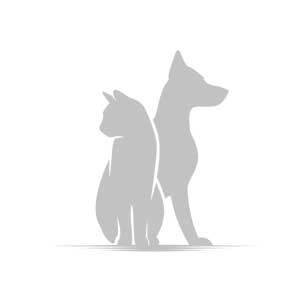Pembroke Welsh Corgi puppies and dogs in USA | Catalog on TailWaggersHome
Unfortunately, there are currently no advertisements available for Pembroke Welsh Corgi for sale
Below is a list of breeders specializing in Pembroke Welsh Corgi. Don’t hesitate to connect with them.
The Pembroke Welsh Corgi is a small, sturdy breed known for its distinctive short legs and elongated body. Originating from Wales, they have a fox-like face with upright ears and an intelligent, alert expression. Corgis are beloved for their friendly and affectionate nature, making them excellent companions.
Key Characteristics
- Size: Small; typically weighing between 25-30 pounds
- Coat: Double coat; weather-resistant with a soft undercoat and a coarser outer coat
- Color: Various shades including red, sable, fawn, and black & tan, often with white markings
- Life Span: 12-15 years
- Temperament: Friendly, outgoing, playful, and intelligent
- Exercise Needs: Moderate; daily walks and playtime required
Why Choose a Pembroke Welsh Corgi?
- Affectionate and Loyal: Corgis form strong bonds with their families and are known for their affectionate and loyal nature.
- Intelligent: They are highly intelligent and easy to train, making them suitable for various activities and obedience training.
- Good with Children: Corgis are typically good with children and can make great family pets.
- Adaptable: They adapt well to different living environments, whether it's a house with a yard or an apartment.
Things to Consider
- Exercise Requirements: Corgis need regular exercise to maintain their health and prevent obesity. Be prepared for daily walks and playtime.
- Shedding: Corgis shed year-round, so regular grooming and brushing are necessary to manage their coat.
- Herding Instincts: As a herding breed, Corgis may try to herd small children or other pets. Training and socialization can help manage this behavior.
- Stubbornness: They can be a bit stubborn at times, so consistent training and positive reinforcement are important.
- Health Issues: Be aware of potential health issues such as hip dysplasia and degenerative myelopathy. Regular vet check-ups are essential.
